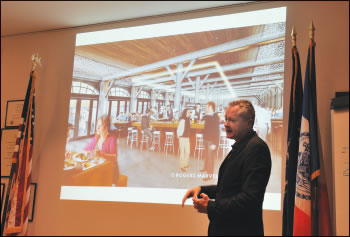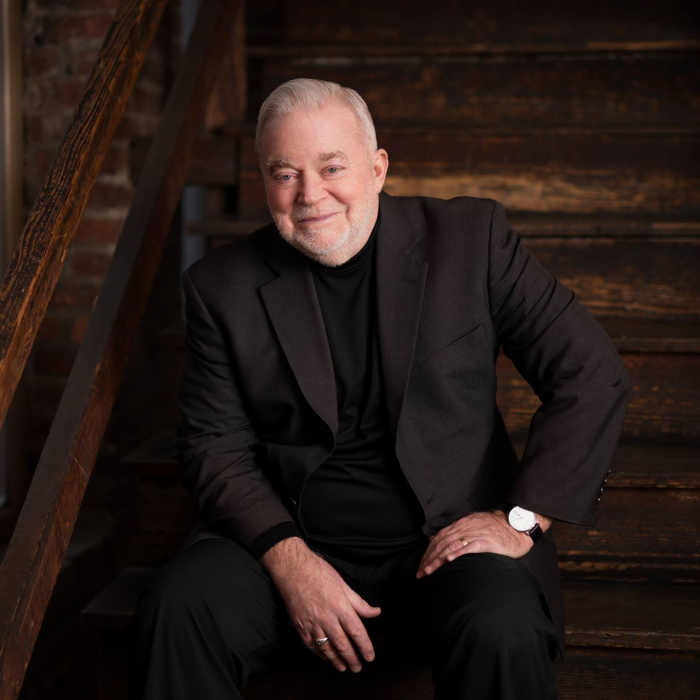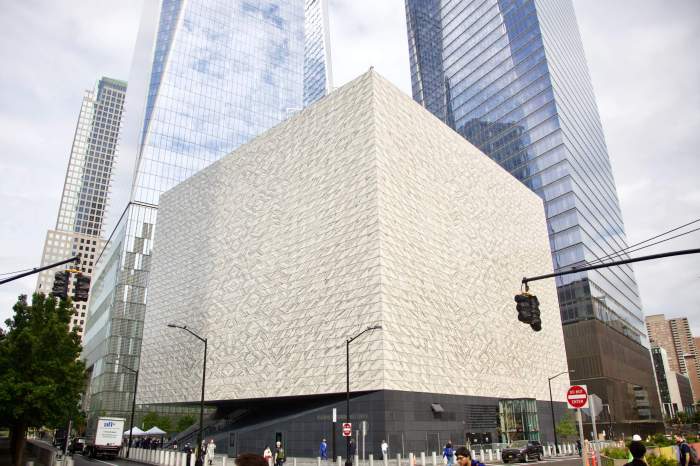P.E.P. news:
The relationship between the Battery Park City community and the Parks Enforcement Patrol (P.E.P.) “seems to be improving,” Battery Park City Authority President Gayle Horwitz told the B.P.C.A. board of directors on April 12. She said this was because of additional training and improved management.
P.E.P. officers are employed by the New York City Department of Parks, with which the B.P.C.A. has a contract for the officers who patrol Battery Park City’s extensive parks and gardens.
Horwitz said that as a result of actions that the Authority took last month, the New York City Parks Department terminated eight officers and transferred eight others. On March 22, the Parks Department held a training day for all staff that included training in customer service and conflict resolution. This was the first in a series of training sessions that are planned for Parks Enforcement Patrol staff.
Horwitz also mentioned that to enhance its community outreach, the Park’s Department plans to add to its mounted patrols and is also planning events so that the community and the P.E.P. officers can meet and talk. Staff will be going to local schools to talk about what the Parks Enforcement Patrol does, park rules and park preservation. This past weekend, said Horwitz, Parks personnel came to Battery Park City to talk about bicycle rules and to hand out bike maps.
To keep abreast of what is happening with P.E.P.s and the community, members of the Authority staff now have weekly meetings with P.E.P. officers and said Horwitz, a member of the P.E.P. staff will be required to attend the Authority’s quarterly Town Hall meetings.
Song and celebration at the Museum of Jewish Heritage:
A concert on April 10 brought three of the world’s leading cantors to the Museum of Jewish Heritage at 36 Battery Place. Benzion Miller of Brooklyn, Alberto Mizrahi of Chicago and Naftali Hertstik of Jerusalem shook the roof of the sold-out house with songs from Jewish liturgy and secular favorites. The concert was similar to one the three performed in 2003 at Amsterdam’s 17th-century Portuguese synagogue for a program aired on PBS and still available as a DVD and as a CD called “Cantors, A Faith in Song.” On Sunday, the singing was not merely superb—it was gut-wrenching, especially in the songs of exile and loss and longing for Jerusalem. The cantors received a standing ovation. Said one man in the audience as he left the auditorium, “This wasn’t just a concert where you sit and listen. This was personal.”
Afterward, many people stopped in the museum shop, where they purchased recordings of the concert and picked up something for Passover, which begins at sundown on April 18. The shop carries plates for the ritual food consumed at the Seder ($35 to $200), matzo covers ranging in price from $20 to $75 and haggadahs describing and commenting on the service that cost $6 to $75. The museum will close at 3 p.m. on April 18 and be closed on April 19 and 20 and again on April 25 and 26.
Plans for Pier A:
The team headed by the Poulakakos family that has won the contract from the Battery Park City Authority to develop Pier A appeared before Community Board 1’s Battery Park City Committee on April 5 to explain what the group has in mind for the historic building. It is the last remaining 19th-century pier on the Hudson River waterfront in Manhattan and had been empty for years before the Authority rehabilitated the underlying structure—a process that is not yet finished.
After the contract was awarded, there was some grousing that the community had had insufficient input in selecting a tenant and that a unique facility like Pier A should be used for cultural and community purposes and not for a restaurant.
Though their plans are still in the early stages, Peter Poulakakos and his partners Danny McDonald and Tom Fox (all of whom spoke to the committee) allayed fears that the pier would not have sufficient public access apart from restaurant usage. There will be an oyster bar and visitors’ center on the first level, Peter Poulakakos explained. There will be a high-end restaurant on the second level and a catering and events space on the third floor of the building.
Tom Fox said there would be mooring space for historic vessels on the south side of the pier and an oyster farm on the north side, which would be worked by the New York Harbor School. Though the harbor is no longer clean enough to provide edible oysters, oysters were once “the poor man’s lunch,” he said, “and they also filtered New York harbor.”
The team, which includes the Dermot Company and Peter’s father, Harry Poulakakos, said that there would be free public access on a promenade on the outside of the building and that there would be tables and chairs where people could sit and eat – or not – as they pleased.
The group hopes to get possession of the building by the end of 2011. The Battery Park City Authority will just provide the shell and the Poulakakos group will be responsible for the build out. Peter Poulakakos said there was no public money going into the funding. Should the facility be a financial success as everyone hopes, some of the revenue will revert to the Authority.
To comment on Battery Park City Beat or to suggest article ideas, email TereseLoeb@mac.com


















